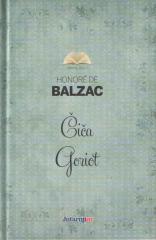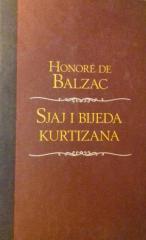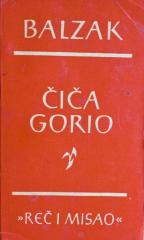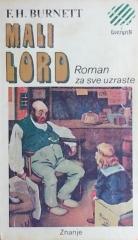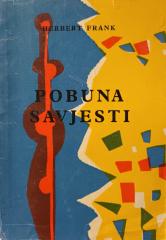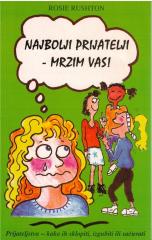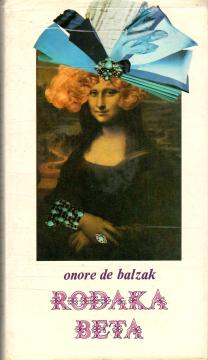
Rođaka Beta
Der Roman gibt einen Querschnitt durch die familiären Beziehungen zur Zeit des Autors. Viele Männer haben ihre Frauen betrogen, um eine Nacht lang ein paar Freuden zu genießen. Sie hatten keine Ahnung, dass ihre Frauen dadurch ein psychisches Trauma erlit
Dieser Roman handelt vom ausschweifenden Leben der Pariser. Der Roman zeigt uns, wie das Leben eines alten Mannes aussieht, der das Leben einer Hure führt. Er schläft mit Valeria und verrät Adelina, die er später davon überzeugt, dass er sie immer noch liebt; aber Verrat ist Verrat. Sie kann es nicht beschönigen, und dennoch liebt sie ihn, wie manche Frauen, immer noch; Es ist der Instinkt einer Frau, den Mann zu lieben, mit dem sie schon so lange verheiratet ist.
Aber auch Valeria führt ein ausschweifendes Leben, nur auf eine etwas andere Art und Weise. Sie erzählt vielen Menschen, unter anderem auch einem Brasilianer, einem gewissen Grafen, dass sie in sie verliebt ist; Sie schlägt jeden, sie behandelt jeden wie ihren zukünftigen Ehemann. Wie ist es möglich? Es ist möglich zu. Diese Frau kontrollierte mit ihrer Schönheit und List geschickt vier Männer, deren Schicksal von ihr abhing. Deshalb ist Balzac ein umfassender Schriftsteller.
Die Familie, über die Balzac schreibt, zerfällt schließlich völlig. Es ist weder finanzieller Verfall noch übermäßig spirituell. Es ist Verfall aufgrund von Verrat, Lügen und Betrug. Ein solches Leben wurde von vielen großen Persönlichkeiten von Paris geführt und Balzac hat es brillant dargestellt. Cousine Beth, die anfangs etwas rachsüchtig war, tat das alles wirklich leid: Sie wollte von ganzem Herzen helfen, obwohl sie aus nicht so reichen Verhältnissen stammte.
Balzac schilderte in diesem Roman die falsche Liebe und führte andererseits, um die Wirkung einer tragischeren Geschichte zu erzielen, Menschen voller Doppelzüngigkeit, Herrschsucht und Selbstsucht in den Roman ein. Der Autor selbst sagt: „Die Lechers, diese Goldgräber, sind genauso schuldig wie andere Kriminelle, die härter bestraft werden als sie.“ Das bedeutet, dass er Lügner als Räuber betrachtet, die den Menschen beharrlich die menschliche Moral, Würde und Ehrlichkeit rauben. Das sind Menschen, für die Liebe, wahre Liebe, zu der auch gegenseitige Toleranz und Respekt gehören, nichts bedeutet. Durch Charaktere, die Liebe in sich tragen, die aber unentdeckt und deshalb vernachlässigt wird, zeigt Balzac, dass das zügellose Leben war und immer sein wird. Deshalb ist dieser Roman unter anderem eine Botschaft an die Menschen, sich selbst und ihre Persönlichkeit, ihre Bedürfnisse und Freuden kennenzulernen und sich selbst zu entdecken.
Jedan primjerak je u ponudi
